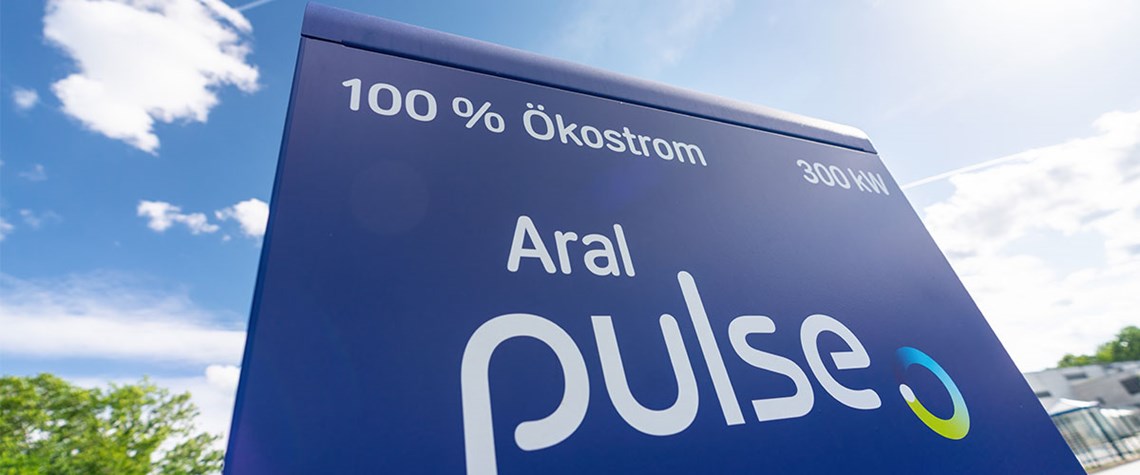BP opens first electric truck-charging points
Oil major launches two charging points in Germany aimed at medium- and heavy-duty trucks
BP has opened its first public charging points for battery-electric trucks at one of its Aral fuel retail sites at Schwegenheim in southwestern Germany. The oil major has installed two 300kW “ultra-faster” chargers that are powered by renewables backed by guarantee-of-origin certificates. The charging points are aimed at medium- and heavy-duty trucks and typically increase the vehicle’s range by around 150-200km during a driver’s mandatory 45-minute break, BP says. “Truck manufacturers and truck-fleet operators are demanding low-carbon alternative fuels, and electrification is an attractive option. Opening our first truck-charging facilities at Schwegenheim is an important milestone for BP a

Also in this section
16 April 2024
US and European oil majors snap up smaller players and look to accelerate development in a region deemed to possess all the key elements for successful CCUS deployment
15 April 2024
Demand for credits seen rising 20% this year despite issues around integrity and standardisation
11 April 2024
Volatile allowance prices and small size of voluntary market undermine ability to drive investment, says Oxford Institute for Energy Studies
8 April 2024
Chevron New Energies is lead investor in funding round by Colorado-based provider of post-combustion capture technology







